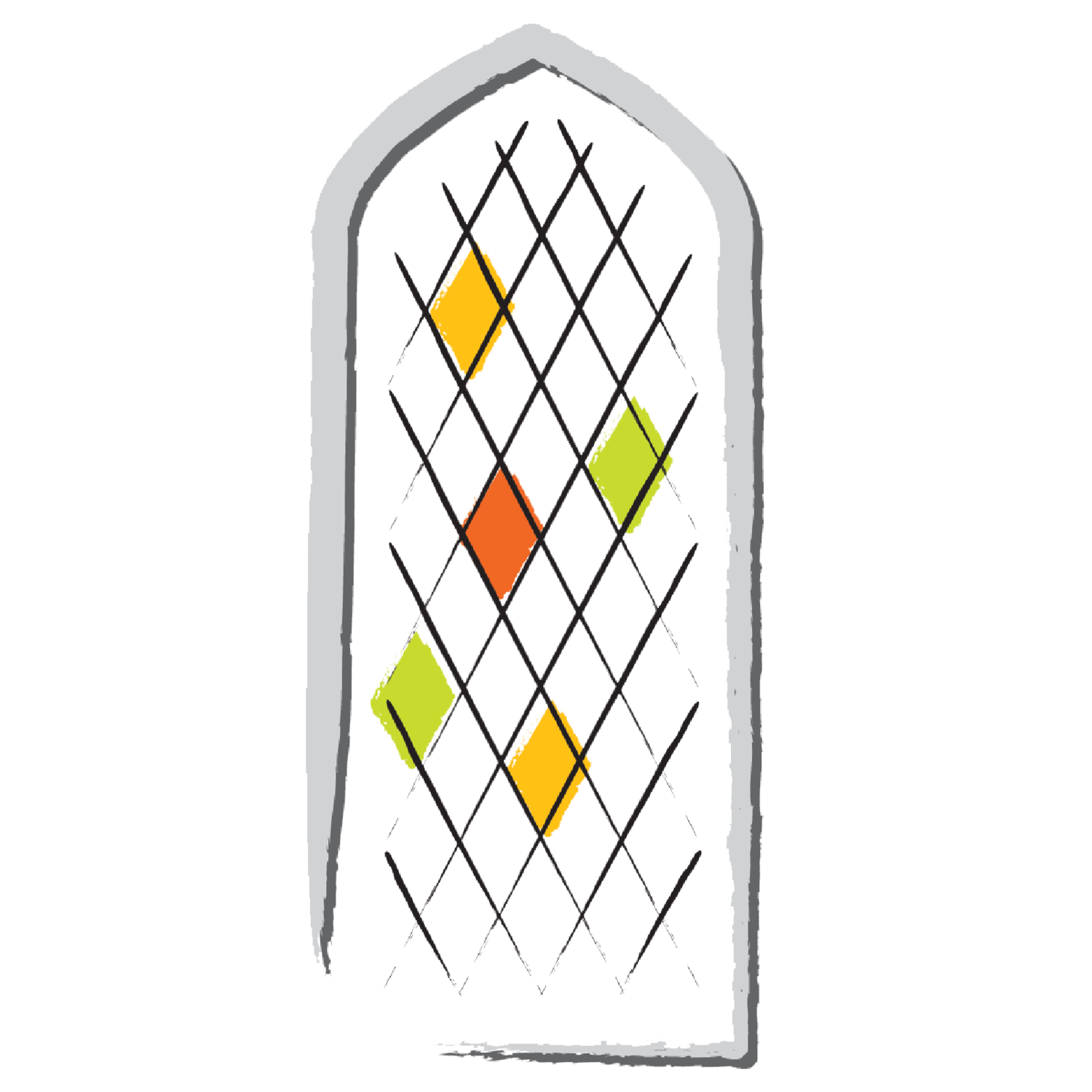Lessons from History for a Hopeful Future
Dear First Pres SLO Family,
Grace and peace to you in the name of the Risen Christ, whose life continues to shape our own.
Tomorrow is VE-Day, which remembers the end of the Second World War in Europe, 80 years ago. It might seem like a strange topic for a Midweek, but a) I think there are still lessons to be learned from this conflict, and b) the history of WWII is my hobby interest.
We still live in a world that was born in the aftermath of the Second World War. It stopped some evil regimes and enabled others, it redrew boundaries—some good and some bad—and it put the final nail in some colonial empires around the world. The conflict never touched American soil, and even with our losses (my own uncle died in the war), we suffered far less than any of the other principal nations involved. (About 400,000 Americans died in the war, while the Soviet Union lost 22 million, including 15 million civilians.) Almost the entire industrial economy of Europe was destroyed.
The American industries that built countless tanks and planes and trucks were able to generate massive wealth in the postwar era, creating the huge growth of our middle-class—many of us are products of that era.
But that wealth was also put to good use around the world. In the Marshall Plan we sent more than $13 billion (the equivalent of $133 billion) to rebuild Europe and establish stable economies. We Americans did something similar in Japan, rebuilding in peace what we had destroyed in war, and helping a former enemy become a strong economic player.
At no other time in world history has the winner of a war invested so much to rebuild its enemies without forcing them into servitude.
The last 80 years haven’t been perfect, but neither have they seen any widespread multi-national conflicts in Europe or anywhere else. Nations who were our enemies have become our friends and allies—the making of peace in those years after 1945 were instrumental in keeping that peace for decades to come. These last 80 years are a glorious—even if flawed—period of history that will be remembered for centuries.
Why talk about all of this history? Like I said, partly because it’s interesting, but more because of what it can teach us about the present. There are some real battles to fight these days—for the rule of law, for the weak and powerless among us, and for simple decency.
These are fights we have to engage. These are fights we have to win.
But after… When the fighting is done (note my optimism) and order is restored, were going to have to figure out a way to rebuild and restore and renew our churches, our communities, and this nation.
Good thing that’s exactly what Jesus came to teach. In the next-to-last chapter of the Bible, Christ says: Behold, I make all things new. (Rev. 21:5)
That’s his mission—that’s his brand. Jesus is in the making all things new business.
How do we carry on that mission? By doing the things and living the lives that Jesus modeled for us and calls us to today. We do it by making taking our covenant responsibilities seriously—loving God, accepting his grace and mercy, and sharing those blessings with all the nations.
I offered a brief roadmap a few Sundays ago, and I’m happy to share it again. If you’re wondering what we can do to make and keep the shalom that Jesus wants for this world, here’s a to-do list.
Love one another.
Care for the poor.
Love your enemies.
Make disciples.
Share the message of the gospel.
Take up his cross.
The world is a hard and complicated place, a place for serious people who understand the past and have hope for the future. That’s who we’re called to be.
Blessings to you as we celebrate this Easter season,
Pastor John

